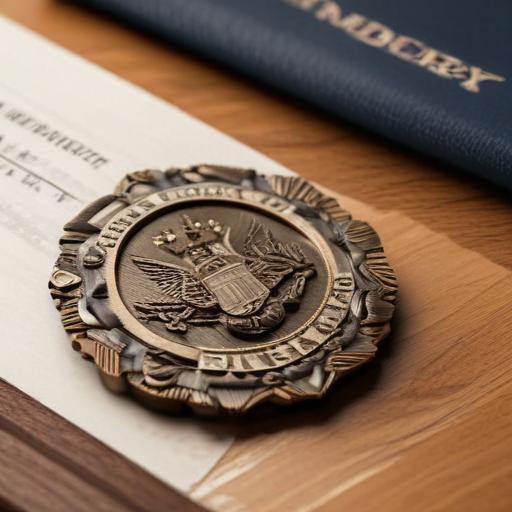Retired four-star Admiral Robert P. Burke, the former second-highest-ranking officer in the U.S. Navy, has been convicted of bribery, making him the highest-ranking military member to be found guilty of federal crimes while on active duty. The verdict comes after a jury in Washington deliberated for three days on Burke’s actions in facilitating a contract for the New York-based technology services firm Next Jump in exchange for a lucrative post-retirement job.
Burke, who previously held pivotal roles including chief of naval personnel from 2016 to 2019 and vice chief of naval operations from 2019 to 2020, is implicated in multiple scandals that have plagued the Navy in recent years. These incidents include the notorious “Fat Leonard” corruption case, which exposed serious command and ethical failures within the Navy and resulted in numerous prosecutions of officers.
Evidence presented during the trial indicated that Burke engaged in unethical behavior, including secretly recorded comments admitting he allowed himself to be influenced by Next Jump. Prosecutors argued that he violated the public trust and highlighted instances where he had previously preached high ethical standards for Navy personnel.
Burke has been convicted on charges including bribery and conspiracy to commit bribery, which could lead to a lengthy prison sentence, though first-time offenders typically receive lesser penalties. Alongside Burke, other executives from Next Jump, including co-CEOs Charlie Kim and Meghan Messenger, face upcoming trials.
Burke’s defense team criticized the trial proceedings, alleging that the prosecution withheld crucial evidence and testimonies that could have changed the outcome. They argued that he never accepted the job offer until he followed proper channels within the Navy’s ethics guidelines.
The conviction sheds light on ongoing ethical challenges in the military and reflects the Navy’s effort to combat misconduct. As the Navy seeks to rebuild public trust and strengthen ethical oversight, this case serves as a reminder of the critical importance of integrity in leadership roles.
While the verdict is seen as a significant moment in military accountability, it is essential to look forward to the improvements that could emerge in military ethics and transparency as a result of this troubling chapter.
